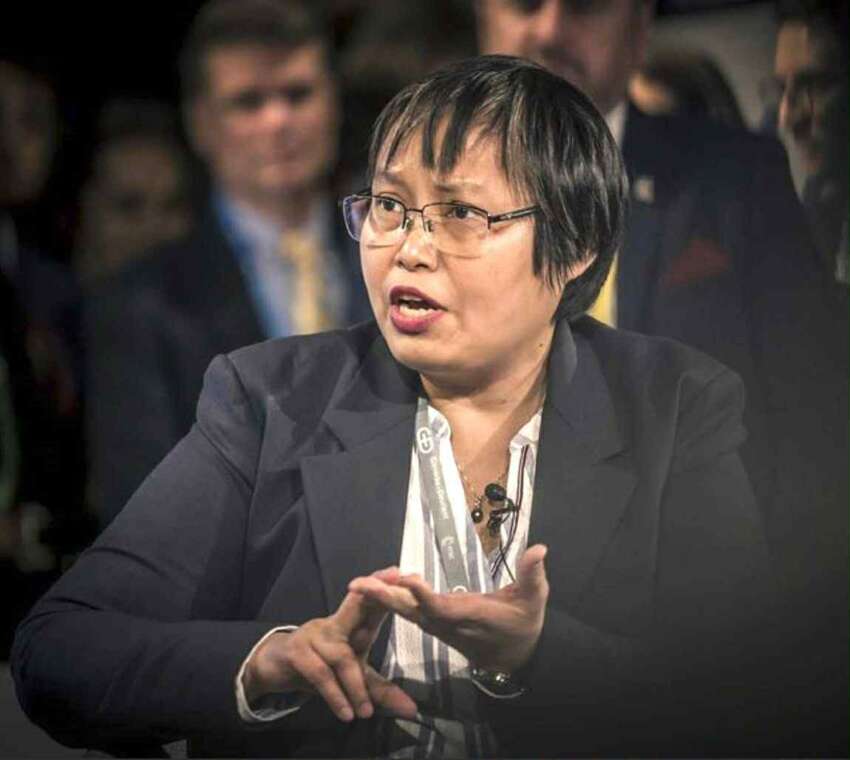
The National Unity Government’s Minister of Foreign Affairs, Daw Zin Mar Aung, sent an important letter to the Chinese government on September 1st. The letter urged China to stop referring to the terrorist military leader Min Aung Hlaing as acting president, suspend recognition of the military council, and reject the military’s election monitoring efforts. The letter highlighted how the military council’s brutal actions have severely damaged Myanmar’s economy, pushing nearly half the population into poverty and halting foreign investment. It also pointed out the destruction of major infrastructure projects, including the China-Myanmar Economic Corridor (CMEC).
The letter detailed how the military council has permitted over 100,000 illegal online scam operations near Myawaddy city, resulting in billions of dollars in losses for Chinese citizens and at least 10 deaths. This problem has escalated from a regional issue to a global concern, with citizens from more than 40 countries falling victim to human trafficking into Myanmar over the past year. The letter referenced Chinese Foreign Minister Wang Yi’s recent statement at the Mekong-Lancang meeting, which emphasized three priorities for Myanmar: peace, cessation of conflict, and governance based on public will. It highlighted how the military council is proceeding with an illegitimate election without public consent and under oppressive conditions.
The National Unity Government, Ethnic Revolutionary Organizations (EROs), and People’s Defense Forces (PDFs) are fighting against the military dictatorship with strong public support, working toward establishing federal democracy. The letter emphasized that this collective revolution, based on inclusivity, equality, and self-determination, represents the only reliable path to Myanmar’s lasting peace, stability, and sustainable development. The NUG warned that China’s recognition of the military council leader would invite opposition from the Myanmar people and damage the long-standing friendship between the peoples of both countries.
The letter concluded by expressing the NUG’s continued confidence in China’s potential to play a constructive role in restoring peace and development in Myanmar. It emphasized that the military council’s actions have not only devastated Myanmar’s domestic situation but have also created regional security challenges and undermined international investment opportunities. The NUG stressed that supporting the people’s revolution represents the most effective path toward regional stability and economic development, urging China to reconsider its diplomatic approach toward Myanmar’s military council.



